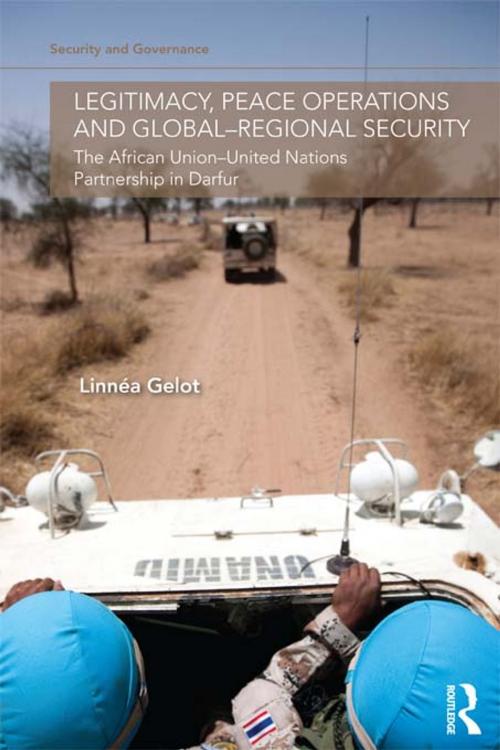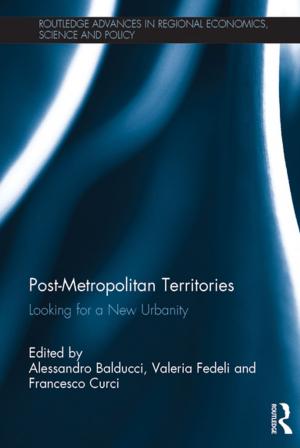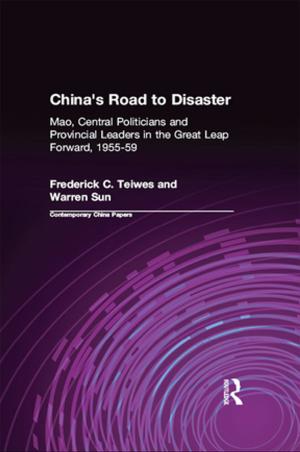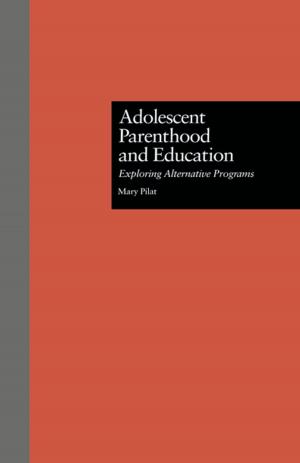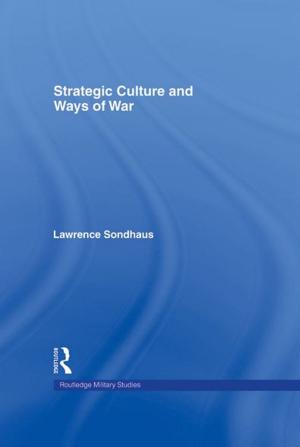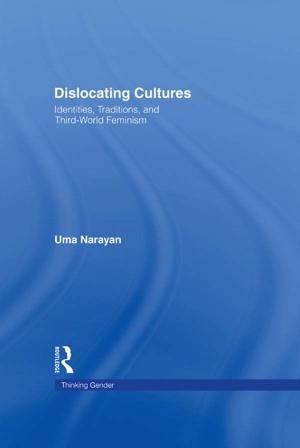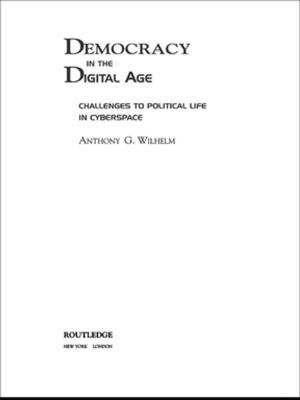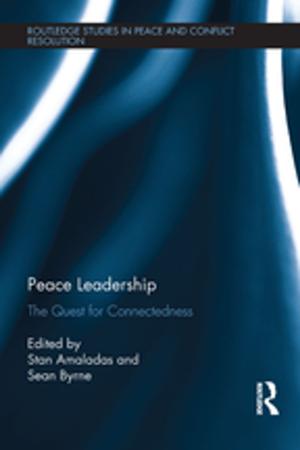Legitimacy, Peace Operations and Global-Regional Security
The African Union-United Nations Partnership in Darfur
Nonfiction, Social & Cultural Studies, Political Science| Author: | Linnea Gelot | ISBN: | 9781136285783 |
| Publisher: | Taylor and Francis | Publication: | August 21, 2012 |
| Imprint: | Routledge | Language: | English |
| Author: | Linnea Gelot |
| ISBN: | 9781136285783 |
| Publisher: | Taylor and Francis |
| Publication: | August 21, 2012 |
| Imprint: | Routledge |
| Language: | English |
At the turn of the century the regional-global security partnership became a key element of peace and security policy-making. This book investigates the impact of the joint effort made by the African Union (AU) and the United Nations (UN) to keep the peace and protect civilians in Darfur.
This book focuses on the collaboration that takes place in the field of conflict management between the global centre and the African regional level. It moves beyond the dominant framework on regional-global security partnerships, which mainly considers one-sided legal and political factors. Instead, new perspectives on the relationships are presented through the lens of international legitimacy. The book argues that the AU and the UN Security Council fight for legitimacy to ensure their positions of authority and to improve the chances of success of their activities. It demonstrates in regard to the case of Darfur why and how legitimacy matters for states, international organisations, and also for global actors and local populations.
Legitimacy, Peace Operations and Global-Regional Security will be of interest to students and scholars of International Relations, African Security and Global Governance.
At the turn of the century the regional-global security partnership became a key element of peace and security policy-making. This book investigates the impact of the joint effort made by the African Union (AU) and the United Nations (UN) to keep the peace and protect civilians in Darfur.
This book focuses on the collaboration that takes place in the field of conflict management between the global centre and the African regional level. It moves beyond the dominant framework on regional-global security partnerships, which mainly considers one-sided legal and political factors. Instead, new perspectives on the relationships are presented through the lens of international legitimacy. The book argues that the AU and the UN Security Council fight for legitimacy to ensure their positions of authority and to improve the chances of success of their activities. It demonstrates in regard to the case of Darfur why and how legitimacy matters for states, international organisations, and also for global actors and local populations.
Legitimacy, Peace Operations and Global-Regional Security will be of interest to students and scholars of International Relations, African Security and Global Governance.
